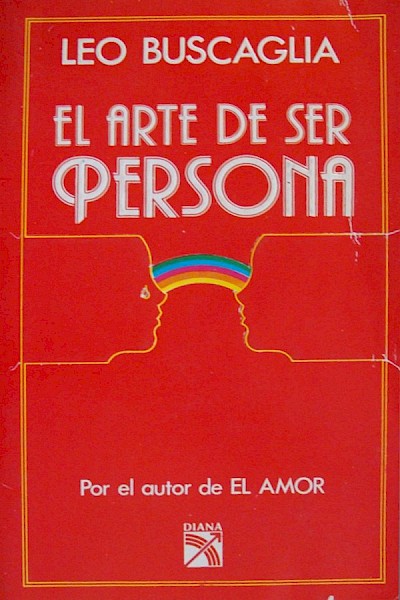Confucius said: "As for the path, the intelligent man goes beyond it; the imbecile does not go far enough" (El Chang Yong, 4). "... When a man carries out the principles of equality and reciprocity, he is not far from the universal law. Do not do to others what you do not want others to do to you" (The golden mean of Tsesze XIII ).
Confucius was born in China at the same time as Buddha in India and Pythagoras in Greece, in the year 552 BC. c.
Like most truly great ethical and moral leaders, he wrote nothing. A century after his death his disciples compiled his teachings in four major works called the Shu (the Four Classics). Of these, the main work on ethics is considered the Luen Yu.
Confucius was a man, not a God. He did not enunciate theoretical or universal maxims. He did not offer formulas for humanity or divine commandments. He avoided dealing with mysticism and spiritual matters and devoted himself instead to the tangible, the daily activities, the complexities and dilemmas of life.
He is known as the greatest teacher in Chinese history, as he dedicated his entire life to humanistic teachings and the formation of moral character. It can be said that he, in essence, was more of a social reformer than a religious leader. His primary concern was to encourage the individual to have the courage to be himself and acquire the necessary wisdom to be an active part of the society in which he lived. In fact, the purpose of all self-realization, according to Confucius, is to help ourselves discover our part in the process of ordering and harmonizing the world.
In chapter V of The Great Learning, Confucius says:
"Elders who wish to show the world their refined characters must first order their states. Those who wish to order their states would do well to first regulate their homes. Those who wish to regulate their homes should first cultivate their person."
And he continues:
"Those who wish to cultivate their person would first rectify their minds. Those who wish to rectify their minds would first seek the sincerity of their wills. Those who seek the sincerity of their wills would first broaden their knowledge. The broadening of knowledge depends on the investigation of things.
When things are investigated, knowledge expands; when knowledge expands, security of will is acquired; when the security of the will is acquired, the mind is rectified, when the mind is rectified, the person is cultivated."
In essence, for the followers of Confucius, this points the way to full functioning in the human aspect. It suggests active research in the name of knowledge; this knowledge is aimed at strengthening the mind as well as the will, and the result is the continuous cultivation of the person and of society. This is how "zen" develops, perfect harmony, which primarily concerns the growth of self-respect, magnanimity, good faith, loyalty, diligence and beneficence.
Personhood, for Confucius, was not a state of perfection, but rather a constantly changing, very human state, often accompanied by anxiety. He said the following about himself: "Not applying myself to the acquisition of virtue, not clearly understanding what I am studying, not fulfilling what I consider to be my duty, not worrying about my faults: these are my anxieties" (Luen Yu, VII,3).
In an excellent book called Confucius and Chinese Humanism (1969), the author, Pierre Du-Dunh, describes the person of Confucius very clearly. He suggests that since Confucius exemplified his idea of the fully functioning person, it seems appropriate to describe his personal qualities. He relates that * “his way of being was calm, gentle, he was austere and inspired respect without causing fear. He was grave and serene, but at the same time cordial and cheerful. He was respectful and given to acting sensitively and spontaneously. He was both noble and humble at the same time. He had a precise and self-aware image of himself and devoted all his energies to being what he wanted to be.” * Exemplary indeed!
For Confucius, people who function fully as such, not only deal with the cultivation of themselves and harmony, but also with relationships with other human beings. They would deeply regret that a person would only become fully human if he were united with another or others. The essence of this union would be love, since without love there could be no true human quality in the person.
There is therefore no room for negligence, hypocrisy, dishonesty, falsehood, selfishness, or narrow judgment, for the goal of the fully functioning Confucian is the unification of all things in the communion of polarities. of giving and loving himself which, for him, are one thing.
Full humanity, for the person, comes from our striving for human cultivation and perfectibility and from the application, from this perfecting unification, of self to others, to the state and to the world.
